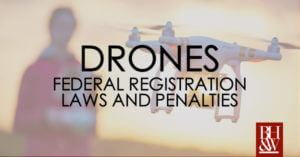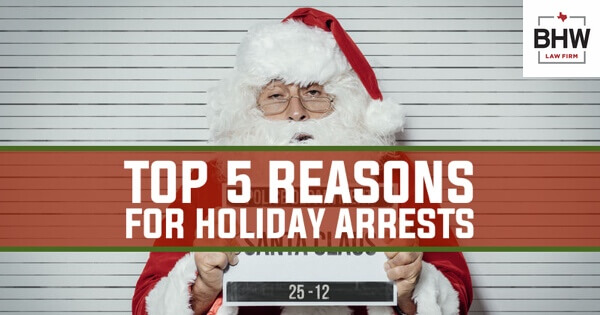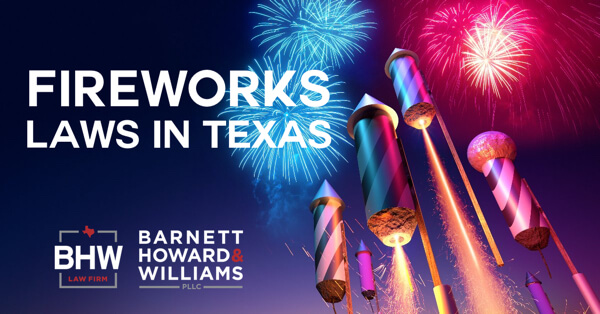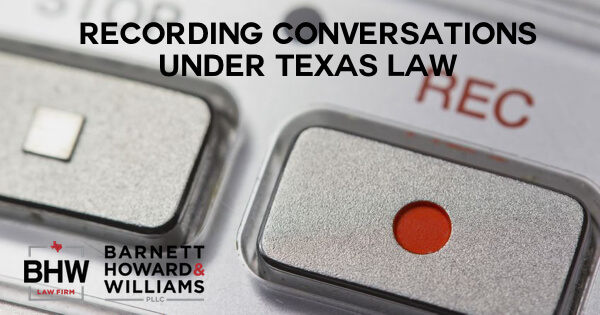 Drones or Quadcopters were a popular Christmas gift this year. While many new drone owners are probably preoccupied with learning to fly without getting the propellers stuck in trees or crashing them over their neighbor’s fence, they need to take a moment to learn about the federal registration rules for unmanned aircraft.
Drones or Quadcopters were a popular Christmas gift this year. While many new drone owners are probably preoccupied with learning to fly without getting the propellers stuck in trees or crashing them over their neighbor’s fence, they need to take a moment to learn about the federal registration rules for unmanned aircraft.
*Federal drone registration had been struck down by an appeals court in May of 2017, but the National Defense Authorization Act that was passed in December 2017 reinstated drone registration.
Do I Have to Register My Drone?
Maybe. Any unmanned aircraft system (“drone”) that weighs more than .55 pounds must be registered with the FAA. Depending on the size of the drone, it can be registered under:
- Part 107, Small UAS Rule,
- Section 336, the Special Rule for Model Aircraft, or
- 14 CFR Part 47, the Traditional Aircraft Registration
Registration Under The Special Rule for Model Aircraft
Most people register their drone under this provision. The Special Rule for Model Aircraft allows for registration of a drone between 0.55 lbs and 55 lbs for recreational use only. Under this registration:
- A person is allowed to fly their drone within their line of sight,
- A person is required to follow the community-based and nationwide guidelines,
- A person is not allowed to fly their drone over an airport or to interfere with emergency response units, and
- A person must notify an airport when they are flying within five miles of an airport.
In order to register under the Special Rule for Model Aircraft, you must:
- Register as a “modeler” with the FAA,
- Be at least 13 years’ old,
- Be a legal United States citizen or legal permanent resident, and
- Label your drone with the registration number in case it is lost or stolen.
This registration, which can be completed online costs $5 and lasts for 3 years.
Registration of Drones Between 0.55 lbs and 55 lbs Under the Smalls UAs Rule
The Small UAS Rule allows for registration of a drone between 0.55lbs and 55lbs for recreational and commercial use. Registration is REQUIRED by the FAA. Under the Small UAs Rule a person may:
- Fly their drone at or below 400 feet (Class “G” airspace)
- Fly during daylight or civil twilight
- Fly at or below 100 miles per hour.
With a drone registered under Part 107, the pilot:
- Must yield to manned aircraft
- Cannot fly directly over people,
- Cannot fly from a moving vehicle unless you are in a sparsely populated area.
In order to obtain your registration under the Small UAs Rule, you must:
- Be at least 16 years old,
- Have a valid credit card, email address, and physical/mailing address,
- Pass an aeronautical knowledge test at an FAA-approved testing center,
- Undergo a Transportation Safety Administration security screening, and
- Denote the make and model of your aircraft when applying for registration.
The Small UAS Rule registration, which can be completed online costs $5 and lasts for 3 years.
Traditional Aircraft Registration for Drones Greater Than 55 Lbs
Traditional Aircraft Registration must be completed for any unmanned aircraft weighing over 55 pounds. The paperwork for drones greater than 55 pounds can be found on the FAA website and must be turned in via regular mail. Drones over 55 lbs will require an N-number that you have to submit to the FAA. The FAA website lays out the necessary information for an application.
This registration costs $5 and lasts for 3 years.
What is the Penalty for Flying a Drone Without Registering it?
Failure to register an unmanned aircraft can result in regulatory penalties up to $27,500 and criminal penalties up to $250,000 and/or imprisonment for up to 3 years. Penalties are determined on a case by case basis and will vary based on the judge.
The FAA provides on its website:
“There is no one-size-fits-all enforcement action for violations. All aspects of a violation will be considered, along with mitigating and aggravating circumstances surrounding the violation. In general, the FAA will attempt to educate operators who fail to comply with registration requirements. However, fines will remain an option when egregious circumstances are present.”
Do you have to register your drone if you only fly over your own property?
Even if flying over your own property, the FAA still requires registration of your drone. The penalties for failure to register an unmanned aircraft will apply even if the drone does not leave your property.
What Other Drone Rules Should I Be Aware of?
Every registration allows for different flight regulations, so pay close attention to what you register for and what that particular registration allows you to do. The FAA has developed an app called “B4UFLY” which gives you important information about your location and the flight restrictions in that area. This app is recommended by the FAA to help avoid violations of the registration limitations. For any additional questions/concerns, visit the FAA website.










